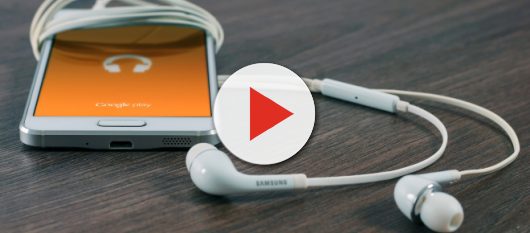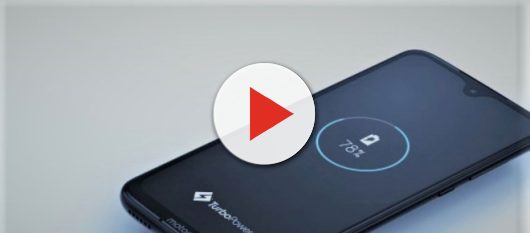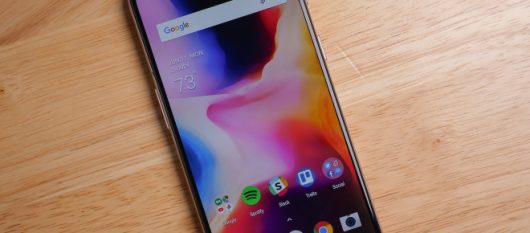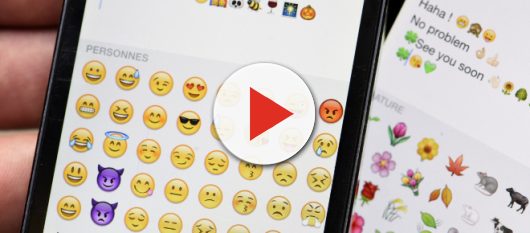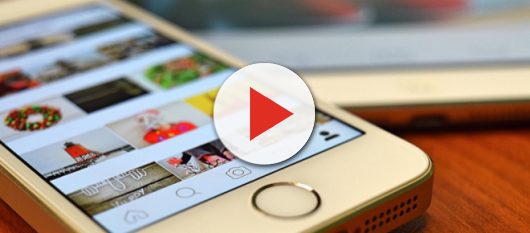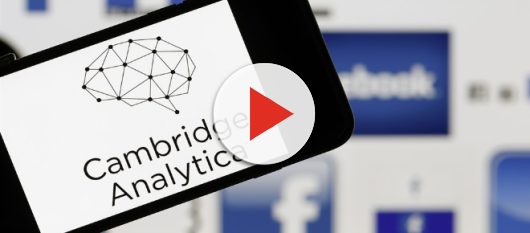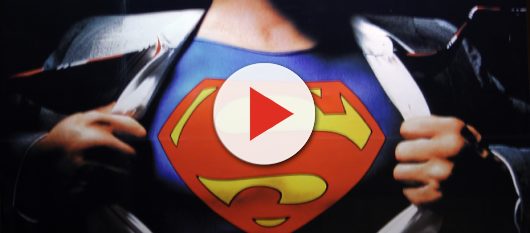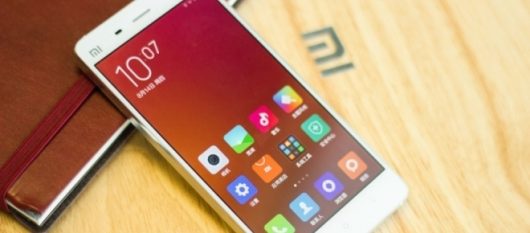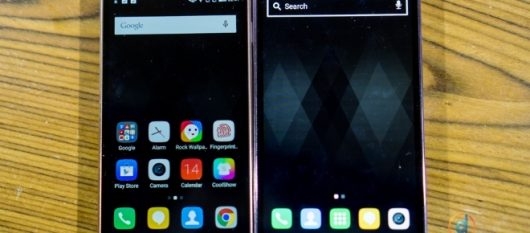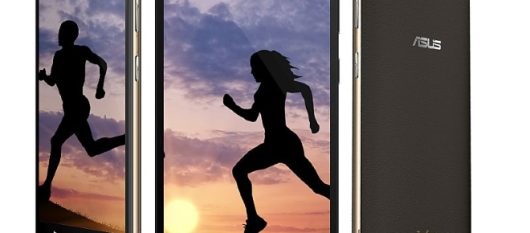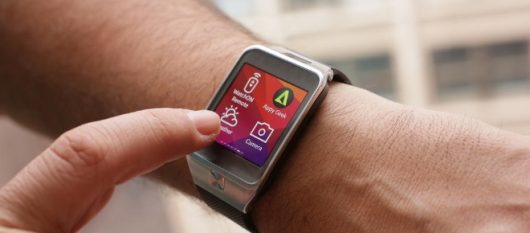
Smartphone
Some smartphones are now more powerful than a computer and they’re connecting millions to the web for the first time.
There are hundreds of smartphone manufacturers in the market, but two brands have risen above the rest: Apple, with the iPhone, and Samsung, with the Galaxy. They are at the top of the food chain on a huge market, that has surpassed sales of feature phones, tablets, and even desktop and laptop computers. In 2015, 1.4 billion smartphones will be shipped worldwide, an increase of 12.2% from 2014, according to market intelligence firm IDC.
It's a scenario that hardly anyone could’ve predicted in 1992, the year that now software-driven IBM announced the Simon Personal Communicator, which is widely considered to be the first smartphone - albeit concepts of such a device had been created and patented in the 70’s. It went on sale in 1994.
It was before Nokia controlled the market. Before Steve Jobs returned to Apple, from where he had been ousted almost a decade prior, and when the French online service Minitel was the biggest thing in electronic communications. Simon’s touchscreen was monochromatic and came with a stylus; it sent emails and faxes, aside from calls and texts. Its battery lasted only one hour when using data. IBM sold 50,000 units in the United States, where it was available, at $899 each with a contract.
A few years later, Finnish company Nokia introduced a much more sophisticated smartphone concept, with the launch of the 9000 Communicator in 1996. However, ‘smartphone’ only became a buzzword by the 2000’s, when Canadian brand BlackBerry stormed the enterprise communications market. By 2003, PDA giant Palm was acquiring rival Handspring and touting the power of the Treo smartphones, but Nokia was already in the lead.
The common form factor included QWERTY keyboards, very different from feature phones, and bigger screens. Camera functionality had been added and many were riding 3G networks.
Everything changed in 2007, when Apple introduced a full, multitouch screen phone, with an operating system built from scratch, featuring interface and navigation novelties. The iPhone turned out to be the so successful that it eventually led to the demise of both Nokia and BlackBerry, which fell behind in the touchscreen craze. The market is now dominated by Android-powered devices, while Apple retains a large portion of the high-end segment.
Who follows the Smartphone channel?


